
The captain of an oil tanker intercepted by the French navy has been detained under investigations into whether it was operating under a false flag, the Marseille prosecutor’s office said on Sunday.The vessel named Grinch was seized in the Mediterranean on Thursday, then diverted to anchor off the French port city

The U.S. government has filed for court warrants to seize dozens more tankers linked to the Venezuelan oil trade, four sources familiar with the matter said, as Washington consolidates control of oil shipments in and out of the South American country.The U.S. military and Coast Guard have seized five vessels in recent weeks in international waters that were either carrying Venezuelan oil or have

Ukraine's navy accused Russia of deliberately attacking a civilian Turkish vessel carrying sunflower oil to Egypt with a drone on Saturday, a day after Moscow hit two Ukrainian ports.In a statement on Telegram, the navy said the vessel was called the Viva and had 11 Turkish citizens on board. It added that nobody was hurt and the vessel was continuing its journey to Egypt.
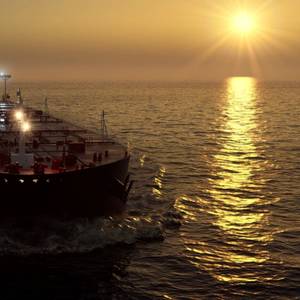
Britain targeted Russia's two largest oil companies, Lukoil and Rosneft, and 44 shadow fleet tankers on Wednesday in what it described as a new bid to tighten energy sanctions and choke off Kremlin revenues.Lukoil and Rosneft were designated under Britain's Russia sanctions laws for what London described as their role in supporting the Russian government.
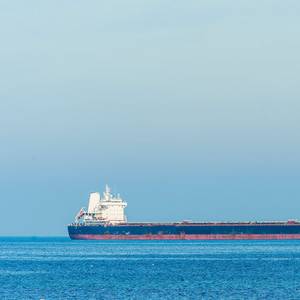
Terminal operators in a major oil port in east China's Shandong province are set to introduce measures to ban shadow fleet vessels and curb visits by other old tankers, according to an official notice seen by Reuters and a tanker tracker.The measures, to take effect from November 1, would ban vessels using fake IMO numbers and ships of 31 years or older
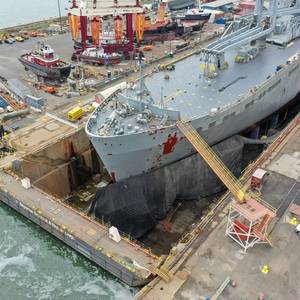
Dating back to the year 1786, Thomas Jefferson wrote to a member of the Continental Congress on the importance of free press keeping government in check. He was quoted as saying if he had a choice between “a government without newspapers or newspapers without a government, I should not hesitate a moment to choose the latter.

Global insurer Allianz Commercial recently issued its 2025 Safety & Shipping Review, examining maritime risk trends and losses. The report revealed that the shipping industry has made significant improvements when it comes to maritime safety in recent years. During the 1990s the global fleet was losing 200+ vessels a year.
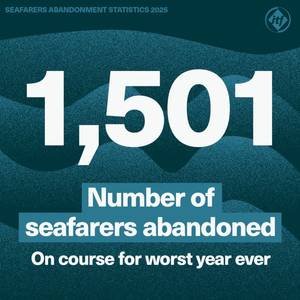
By May this year, 158 cases of vessel abandonment had been recorded, up from 119 at the same point in 2024.These cases represent more than 1,501 seafarers who have reached out to the ITF for assistance, many of whom were left unpaid, without food, water or access to ports, often for months at a time.“Abandonment is a growing, systemic problem,” said Stephen Cotton, ITF General Secretary.

The global maritime sector is entering an era of heightened geopolitical and regulatory uncertainty that threatens to offset long-term safety gains, according to Allianz Commercial’s 2025 Safety and Shipping Review. While vessel losses have reached a record low, the industry faces a volatile landscape shaped by trade conflict, increased sanctions, shadow fleets
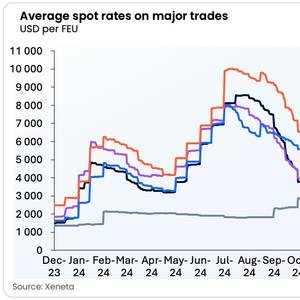
The prospect of a large scale return of container ships to the Red Sea following the announcement of a ceasefire between the US and Houthi militia in Yemen would flood the market with shipping capacity and cause a global collapse in freight rates, but the situation remains far from certain.
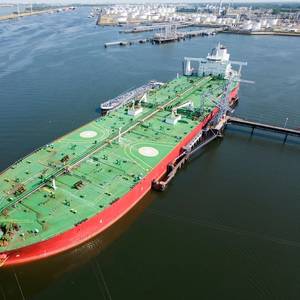
Asia's crude oil imports are off to a weak start in 2025, as top importer China continues to buy less and new sanctions put the brakes on cargoes from the continent's top supplier Russia.Asia's imports for the first two months of the year are on track to be 26.17 million barrels per day (bpd), down 780,000 bpd from the 26.
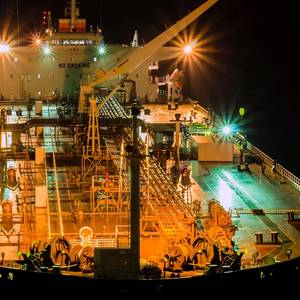
The United States imposed a fresh round of sanctions targeting Iran's oil industry on Monday, hitting more than 30 brokers, tanker operators, and shipping companies for their role in selling and transporting Iranian petroleum, the Treasury Department said.The announcement comes as U.S.